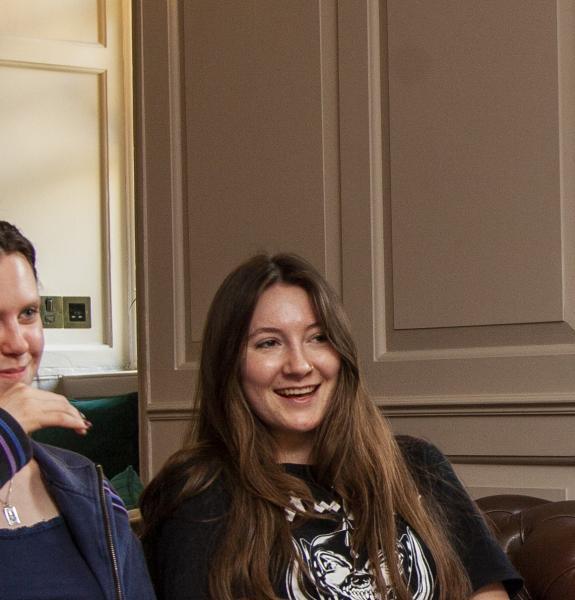"I have felt genuinely valued and supported by the College and its staff."

Jack wrote this at the end of his first year of Human, Social and Political Sciences here at Christ's College, Cambridge. He's originally from the US but went to high school in São Paulo, Brazil, where he took the International Baccalaureate.
Why Christ's?
I applied to Christ’s primarily because of its location and its appearance. I knew I wanted to apply to an old College with beautiful architecture, and Christ’s definitely fulfils that requirement. After living in a busy city in Brazil with limited public transportation and terrible traffic, it was important to me to be in a conveniently located College within walking distance of everywhere I need to go.
Christ’s has definitely lived up to my expectations. It is a good size, absolutely beautiful with a range of architectural styles and a wonderful garden, and it is easy to walk to everywhere. Most of all, I have felt genuinely valued and supported by the College and its staff, and they are really good. For example I had some slight issues with my room, and the fault-reporting system works quickly and efficiently. Within a few days, the problems were resolved by the College maintenance staff.
How did you find the application process?
As an American coming from an US-leaning international school, I was far more prepared for the American application process. As a result, the Cambridge application process was a bit unfamiliar at first. Overall, however, I found the process and the focus on academics to be easier and less arbitrary. The only issue was the fact that I had to travel all the way to Cambridge for the interview (at the time - they are online now).
I had two very different interviews. Since I came from a school in Brazil with few students applying to the UK, I did not have access to practice interviews or preparation services. I read the New York Times on my phone while waiting, but otherwise I did very little preparation. Ultimately, the best way to prepare is to be naturally excited about the subject you want to study. It is difficult to form reliable expectations of exactly what the interviews will involve anyway.
When I was choosing my course, I actually applied for History and Politics but I ended up with an offer for HSPS. The experience taught me that the admissions process at Cambridge is more than a numbers game; the Admissions Tutors really do see us as people and they consider us carefully and not just as grades. They try to get a sense of our strengths as students using the entire application. In my case, though I definitely miss studying History, I've really enjoyed HSPS and have good options in the politics track (compare the two different routes).
When approaching the Cambridge application process, I would advise prospective students not to overthink it. Genuine interest in the subject is something that an applicant already has, not something you can cram for the night before the interview. If you can find a way to enjoy what you’re studying, you will be successful either at Cambridge or somewhere else.
"Genuine interest in the subject is something that an applicant already has, not something you can cram for the night before the interview."
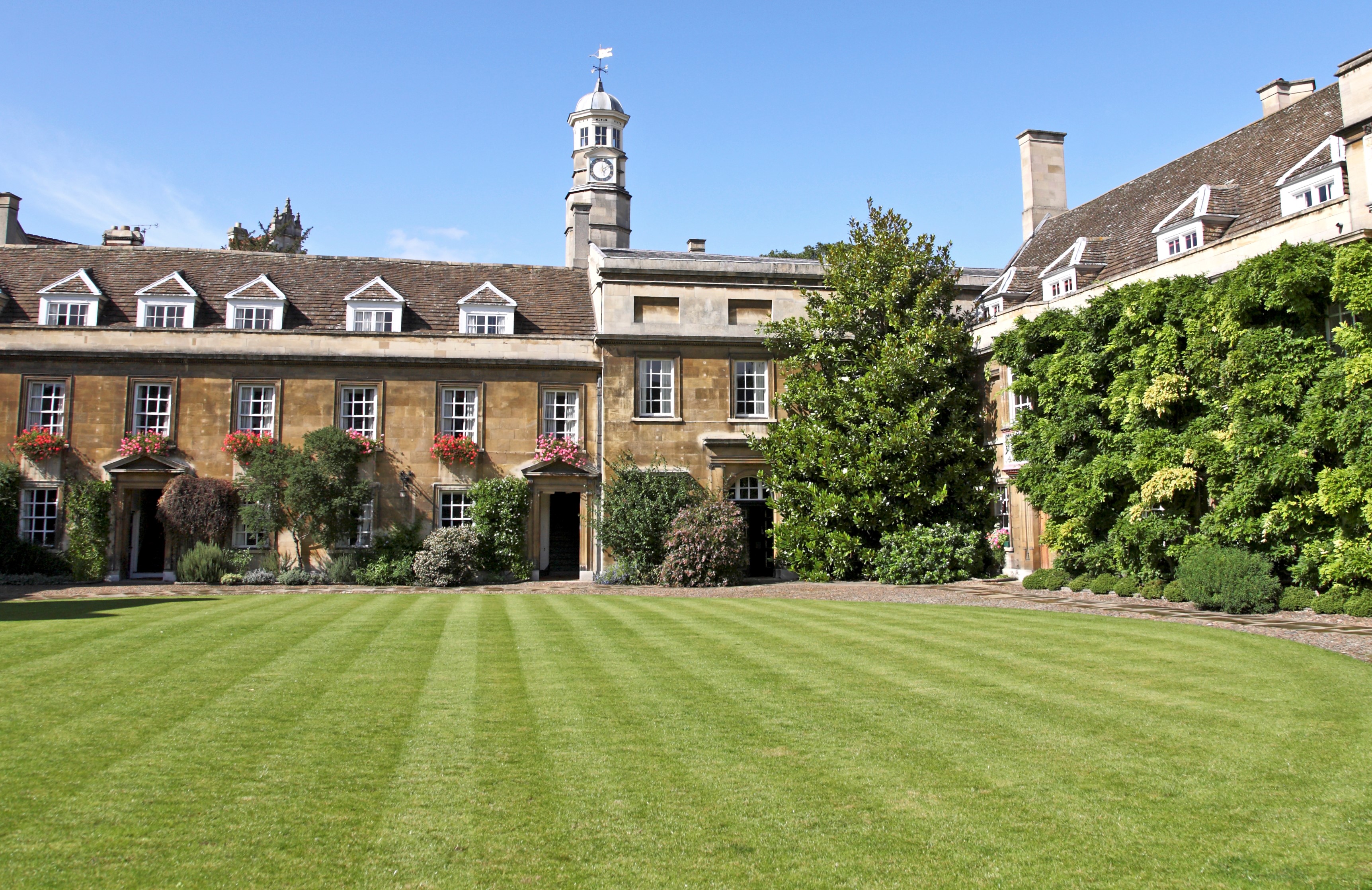
Did you find it easy to settle in?
Before I came I was most looking forward to meeting similarly driven and passionate students, and I was excited to be able to study only things that interest me. I was worried about adjusting to a new country and making new friends, but I knew that I would soon overcome these worries.
When I got here, I found it fairly easy to settle in. I came a few days early for International Freshers’ Week, which definitely helped. I was able to meet other international students before the UK students arrived, which made things less overwhelming than they would have been.
Freshers’ week was a lot of fun. It was packed with so many activities. I met lots of new people during international freshers’ week and normal freshers’ week, some of whom I haven’t seen since and some of whom are now among my closest friends. My favourite memory is probably when I stayed up late having a really nerdy conversation with people I had just met, all of whom I am still close friends with.
Starting lectures and supervisions was fairly easy. The first lectures and supervisions are basically just introductions, which helps the transition. My supervisions were somewhat different than I expected in that they vary quite a bit. Some are more helpful than others, so at times it didn't work as well for me. Overall, though, being able to get to know your supervisor is a great resource.
What is different with your work now, compared to what you experienced at school in Brazil?
I definitely read a lot more, and I now work on quicker deadlines. I used to spend time perfecting my work and polishing it, but now I don’t have enough time to do so. As a result, it all feels like a work in progress but that's OK for supervisions - they are there to help you. The work is definitely more interesting since I’m studying what I enjoy, but at times it can be frustrating to move on to a new topic so quickly!
The best thing is being able to get a feel for a wide range of topics within a number of disciplines. The hardest is probably being forced to move on to the next topic when I find one I really like. The British system offers a lot less flexibility than the American system where you have liberal arts degrees etc., which at times I find frustrating, but Human, Social and Political Sciences is more flexible as a course than most.
Is the course what you expected it to be when you applied?
The course is largely what I thought it would be. I feared that the introductory politics paper would be somewhat dry, but it was actually much more interesting than I expected. The sociology and social anthropology papers were a bit more theoretical than I'd envisaged, which helped me learn that I would rather focus my energies elsewhere.
Looking back over the year, what do you feel you have got out of it?
I definitely feel like I have gotten a lot out of the course. Each paper in HSPS is basically an introduction to a different discipline. While at times such a first year “introduction to” premise can be somewhat frustrating, forcing us to study certain uninteresting topics and move on from those we prefer, I think it did a great job at giving me the foundation I need to understand the debates within each discipline. Now I am well-equipped to specialise further in second and third year.
My favourite topic was probably a module from the politics paper about the book Why Nations Fail. I had already read the book and enjoyed the topic, so I was able to go more in depth than I did on other topics, which I appreciated. I also really enjoyed studying systemic change in international relations, partially because it is so pertinent today.
How does your teaching work?
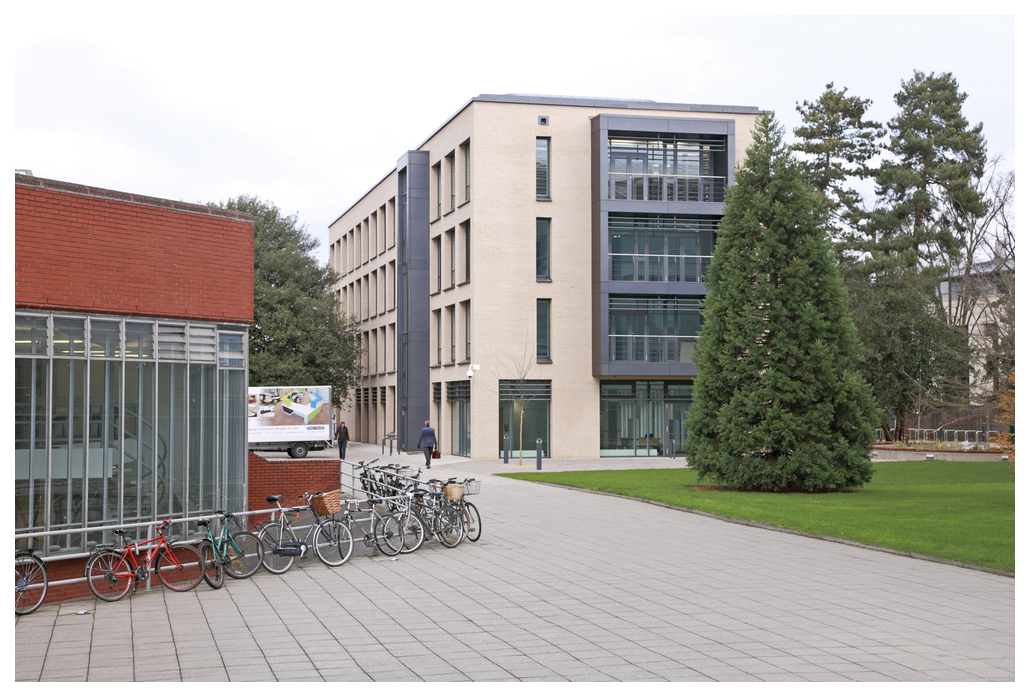
I have eight hours of lectures per week – one hour on Monday, Wednesday, and Friday; two hours on Tuesday; and three hours on Thursday. I had an average of two supervisions per week, but generally three of them were bunched in the same week. Thankfully, since my supervisions were on a regular schedule (this is absolutely key!) this year, I was able to space my time out evenly. I have no other type of teaching.
I typically work in my room. I prefer it as a space to the Christ’s library - libraries in general have always felt too tense to me.
One thing about the workload is that it kind of blurs the boundary between week and weekend. I have time to grab lunch with friends and do extracurriculars during the week, but I still work on academic work to some extent on the weekend. So the change in structure was a bit strange to adjust to, but overall it has been reasonable.
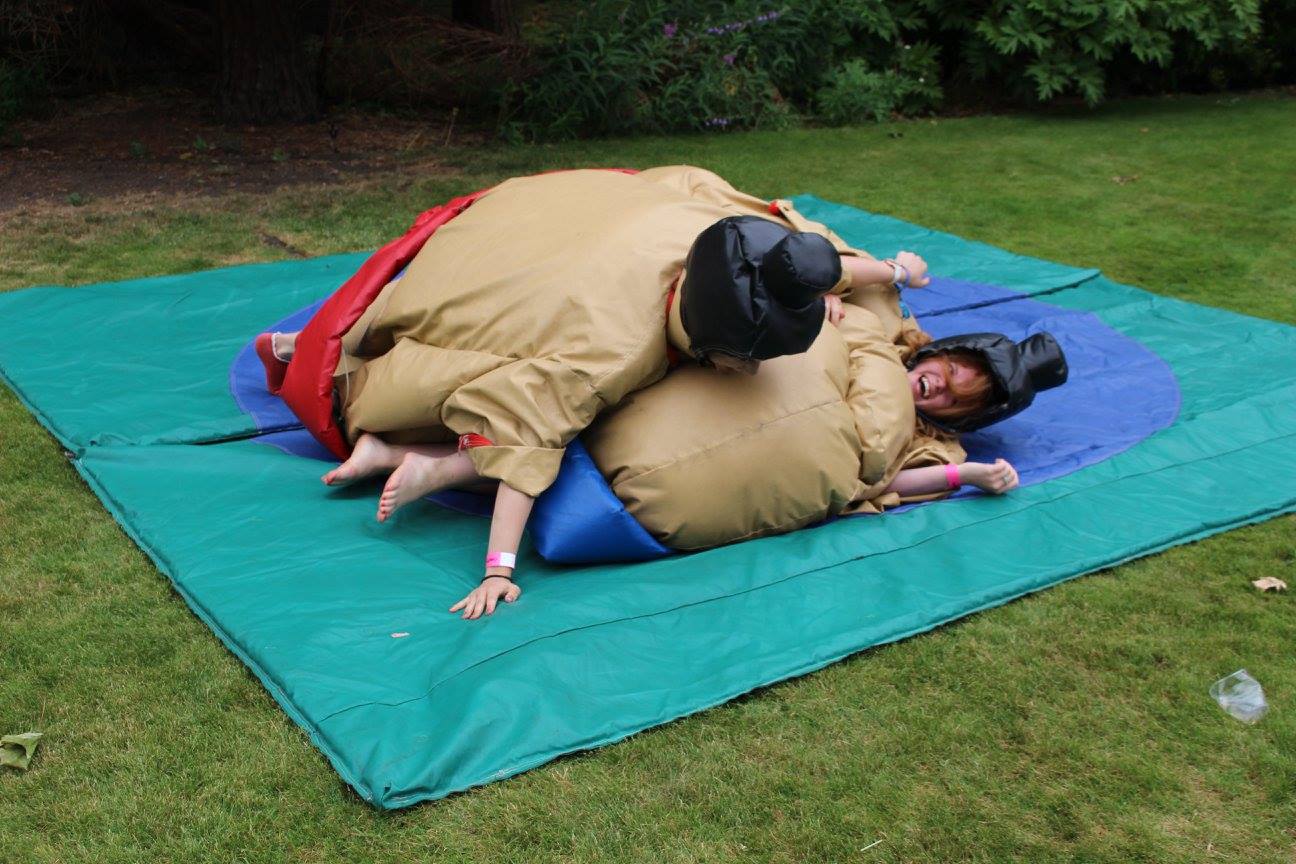
What have you enjoyed most about life at Christ’s this year?
Socially, my favourite thing about the College is the size. Both physically and in student population, it is a great medium size. The people are really what make Cambridge and Christ’s special. I enjoyed my fellow students and my friends, who are among the most passionate and interesting people I’ve met. And I’ve enjoyed living in a place where the staff genuinely values scholarship and values me as a person. The architectural beauty of Cambridge and the food in the market helped too, of course, but what makes the place special that it’s full of people who actually care about what they’re doing and what I do.
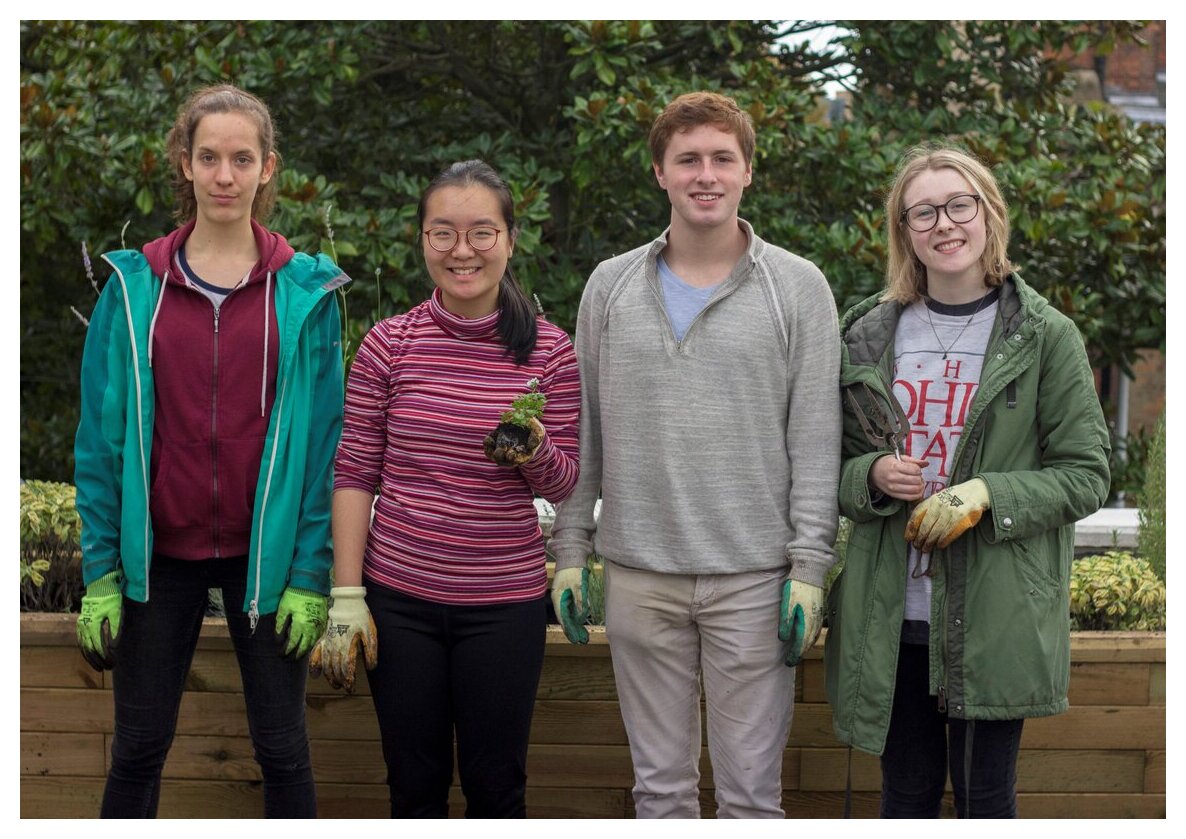
Last year, I lived in Staircase 3 in New Court and I really liked the room – having an ensuite bathroom was great, the desk was clean and large, and I especially loved the huge windows that let in a ton of light. The one drawback was that the building is not the most conducive to socialising as there aren't common rooms in the accommodation itself. Instead you go down to the common rooms / TV room in Yusuf Hamied Centre, third court, the Buttery bar or the fellows' garden etc. to meet up with people.
I am a member of a number of societies, having become involved in the Christ’s College Horticultural and Botanical Society (CHABS), rowing, and the student newspaper (Varsity). I also enjoy socialising with friends after lectures and during meals. I socialise more on the weekends, often spending the whole evening with friends.
"What makes the place special that it’s full of people who actually care about what they’re doing and what I do."
How do you spend your holidays?
I spend my holidays outside the UK. If I’m able to, I try to travel in Europe a bit before returning to the US to see my family. Christmas vacation was more relaxed than Easter vacation since I worked during the latter, and during the long summer vacation, I split my time between the US and an internship in Sri Lanka. The internship is at a think tank called the Lakshman Kadirgamar Institute, and I'm mostly helping with research. It is funded by Sri Lanka's foreign ministry to research international relations and inform the country's foreign policy.
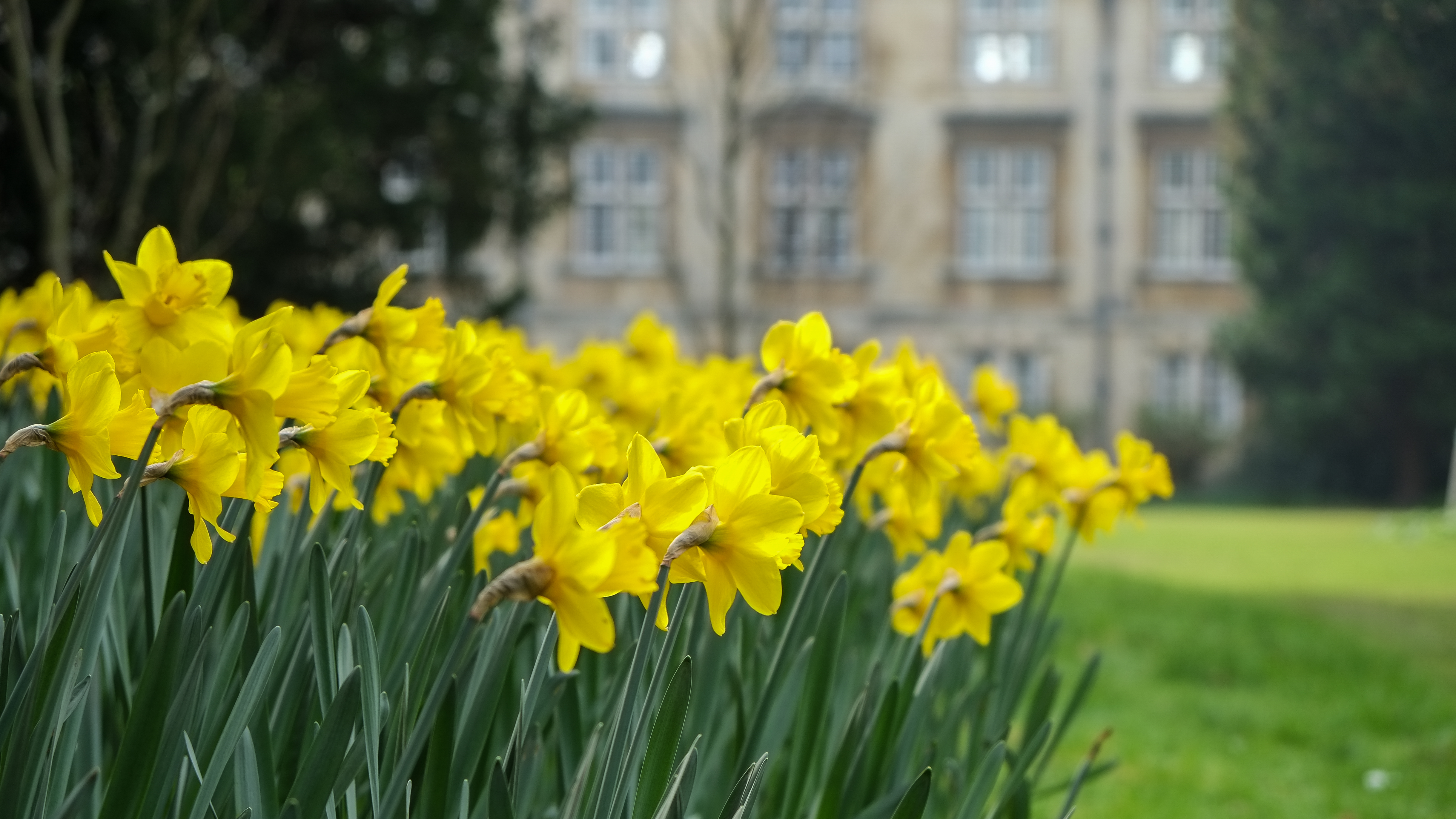
What are you most looking forward to next year?
I am most looking forward to being able to specialise even further. Since we have moved on from first year “introduction to” type papers, the paper options in second year seem more interesting. As a result, I am quite excited for them. I will be taking the Politics and International Relations track of HSPS. After taking introductions to the other subjects in HSPS, I decided I prefer politics and international relations to them. In terms of specific papers, I chose mainly based on reading the paper guides for whatever sounded most interesting.
July 2018
Please be aware if you're considering an application that our student writers describe their experiences. Although the majority of the information stays the same, some details may change from year to year. Do read the student profiles in combination with our undergraduate admissions pages for full information.
Student profiles / HSPS at Christ's / International Student Comments / Next: Rufus's profile

